In recent years, the private healthcare system has grown with investment in resources in facilities, equipment, human resources, and specialized techniques, attracting a large number of patients for medical examination and treatment.

Tam Anh General Hospital, Ho Chi Minh City, performs erector spinae plane (ESP) anesthesia in painless heart surgery, this is an advanced technique in the world.
In particular, when the State needs it, it mobilizes the private health system to participate, such as during the Covid-19 pandemic, the private health system in Ho Chi Minh City joined hands with the city government in vaccinating, caring for and treating Covid-19 patients. Thus, it can be affirmed that the private health system has played an active role in taking care of people's health.
Private health care has specialized techniques.
According to Associate Professor, Dr. Tang Chi Thuong, Director of the Ho Chi Minh City Department of Health, there are currently 66 private hospitals in Ho Chi Minh City with more than 4,684 beds, accounting for 12% of the total number of beds in the Ho Chi Minh City health sector (38,966 beds). This shows that private health care contributes significantly to the health care of people in Ho Chi Minh City. The number of beds in the private health system needs to continue to increase, because in rich countries, the number of beds in private health care accounts for 40 - 50% of the total.

Tam Anh General Hospital, Ho Chi Minh City, can perform many different advanced techniques in one surgery to treat breast cancer and immediate breast reconstruction.
According to the head of the Ho Chi Minh City health sector, the private health system participates in medical examination and treatment, reducing the burden on public hospitals. However, private health also invests in areas that generate quick revenue, which is also the rule. Therefore, the private health system needs to have a direction and mechanism to encourage in-depth development and meet the disease model in the locality, a need that the public health system is lacking. Because to develop specialized health, it requires not only the efforts of the public health system but also the participation of the private health system, because the resources and state budget cannot keep up with the development of specialized techniques.
According to Resolution 20 (October 25, 2017) of the 12th Party Central Committee on strengthening the work of protecting, caring for and improving people's health in the new situation
"Five to 10 years ago, when private hospitals had seriously ill patients, they often transferred them to public hospitals. Now, private hospitals can treat serious and complicated cases such as cardiovascular, neurological, stroke, obstetrics, neonatal, etc. Private healthcare has equipment and technology that is even more modern than public healthcare. This also helps limit the situation of patients going elsewhere for treatment, especially abroad. That is a good sign," Associate Professor, Dr. Tang Chi Thuong said.
In addition to establishing hospitals, the private healthcare system needs to participate in other forms of healthcare for the people, such as public-private partnerships to establish high-tech screening centers. In the near future, nursing homes will be opened, investment in health insurance examination and treatment (in addition to state insurance), participation in medical tourism , etc.
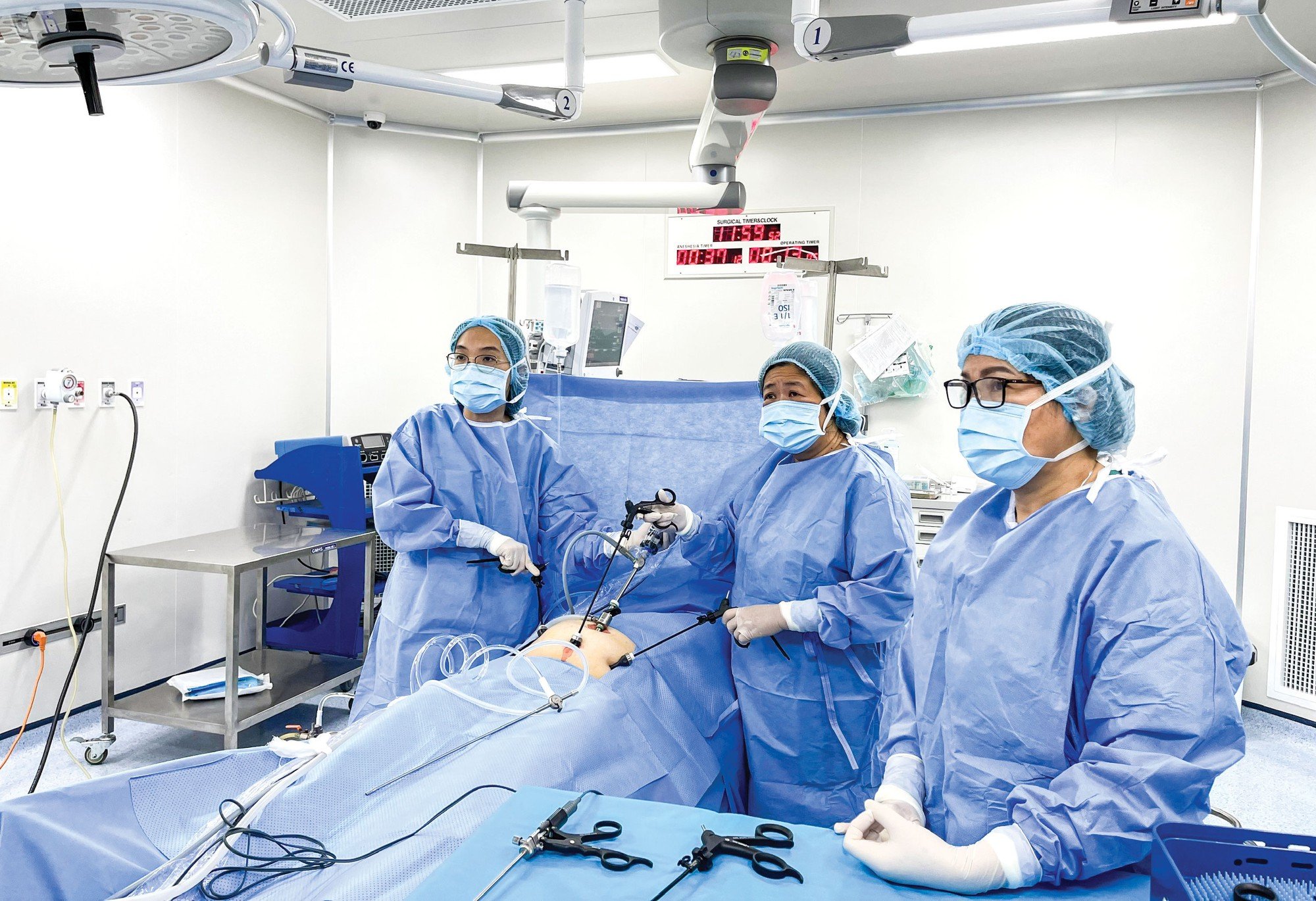
Laparoscopic surgery in the treatment of obstetrics and gynecology diseases is one of the strengths at Tam Anh General Hospital, Ho Chi Minh City.
In addition, according to Resolution 31 of the Politburo, Ho Chi Minh City will soon become the healthcare center of the ASEAN region. Ho Chi Minh City cares for and invests in its healthcare system and calls on prestigious hospitals and universities in the world to set up facilities in the city with specific human resources and technology. Through that, it creates healthy competition between hospitals.
"HCMC hopes to have a large-scale public-private partnership model. In this, the city's health sector can coordinate with the investment and trade promotion agency to call for investment in a high-tech screening center model. Accordingly, HCMC will provide land (location) and call for private investment in high-tech equipment," the head of the HCMC health sector added.
Creating conditions for private healthcare to develop
Sharing with Thanh Nien reporter, Associate Professor, Dr. Luong Ngoc Khue, Director of the Department of Medical Examination and Treatment Management (Ministry of Health), said that there are currently 336 private hospitals nationwide. In addition to supporting public hospitals to reduce overload, the private healthcare system has met the basic medical examination and treatment needs of people today, especially the need for high-quality and comprehensive medical examination and treatment.
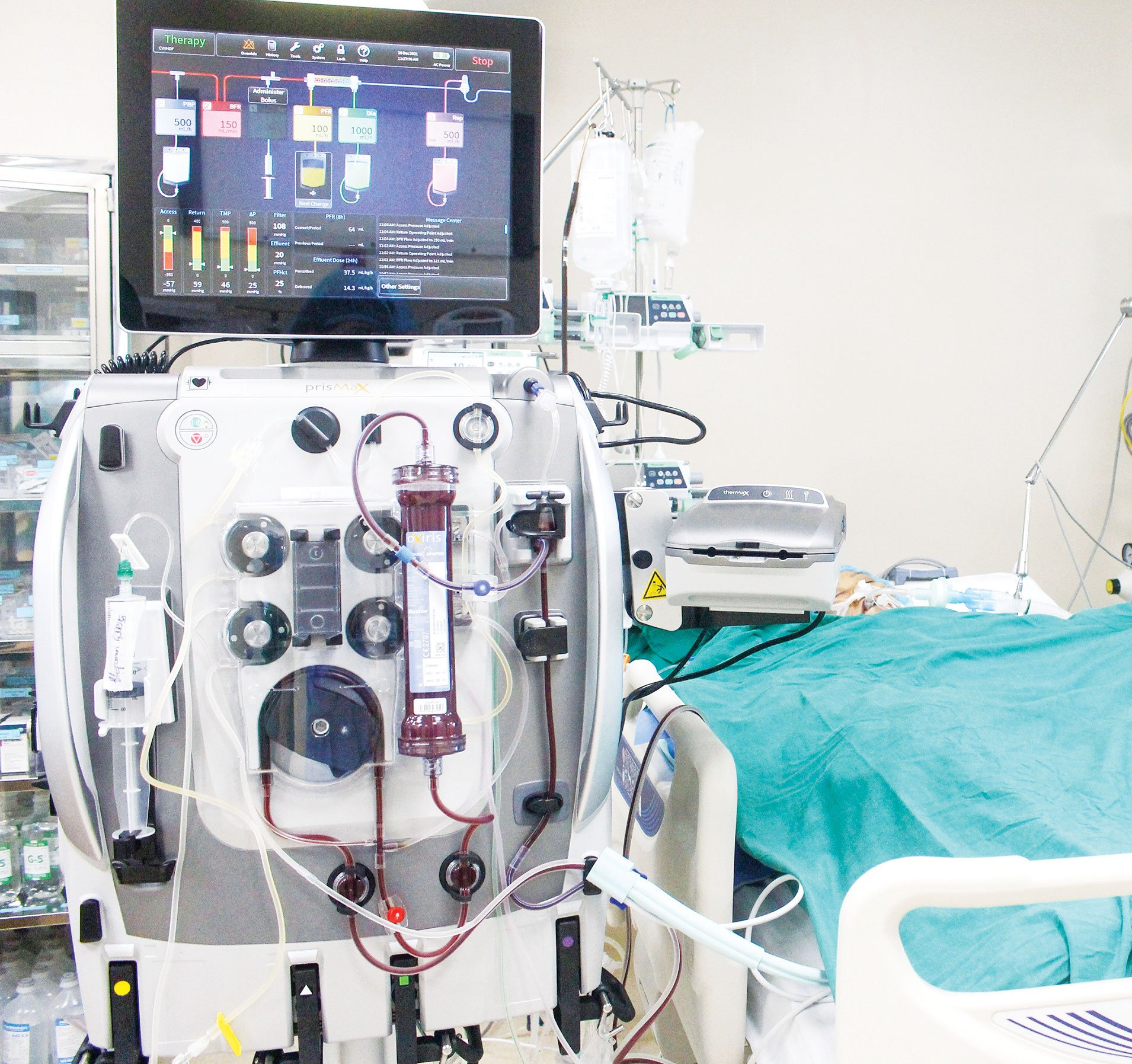
Using modern continuous blood filtration machines made in the US for kidney failure patients at Tam Anh General Hospital, Ho Chi Minh City
According to Associate Professor, Dr. Luong Ngoc Khue, investing in the establishment of high-quality private medical facilities is necessary and in line with the direction of the Government and the Ministry of Health to effectively serve the needs of people in medical examination and treatment. Private health care is gradually increasing its scale, making investment efforts; improving professional capacity as well as increasing investment and modernization to attract foreign patients and overseas Vietnamese. This also contributes to gradually making Vietnam a country that attracts tourism - health - medical - resort in the coming years, contributing foreign currency to the national budget, and most of all, creating motivation to upgrade the hospital system of the whole country.
"The Ministry of Health always supports and creates favorable conditions for domestic and international investors to invest in establishing private medical facilities in Vietnam in the spirit of equality and fair competition in accordance with Vietnamese law. The Ministry of Health always supports and guides in the process of investment research and in the operation of private medical facilities," said Associate Professor, Dr. Luong Ngoc Khue.
Associate Professor, Dr. Luong Ngoc Khue said that the Ministry of Health also encourages foreign private investors to actively cooperate and exchange experiences, knowledge and skills in medical examination and treatment with Vietnamese medical facilities... However, during the operation process, private medical facilities also need to research and comply with the provisions of Vietnamese law, the law on medical examination and treatment and related regulations.
"The Ministry of Health highly appreciates non-public medical facilities that have actively contributed human, material and intellectual resources to the work of preventing and fighting the Covid-19 epidemic during the months when the whole country was struggling to fight the epidemic," Associate Professor, Dr. Luong Ngoc Khue shared.
Public-private non-discrimination policy
Also according to the representative of the Ministry of Health, Resolution 20 dated October 25, 2017 of the 12th Party Central Committee on strengthening the work of protecting, caring for and improving people's health in the new situation, stated: "After 25 years of implementing Resolution 4 of the 7th Party Central Committee and the Party's guidelines, policies and laws of the State, the work of protecting, caring for and improving people's health has achieved great results, contributing significantly to the cause of building and defending the Fatherland".
Resolution 20 also pointed out the need to "develop synchronously, create an equal environment in terms of support and transfer of technical expertise between public and private medical examination and treatment facilities; promote socialization, mobilize resources to develop the health system. Diversify forms of public-private partnership, ensure transparency, publicity, equal competition, and no distinction between public and private in providing health services".
Resolution 20 encourages organizations and individuals to invest in building medical facilities (including primary health care), focusing on providing high-quality, on-demand services. Medical facilities and elderly care facilities operating on a non-profit basis are exempted from and have their taxes reduced in accordance with the law.
"The Ministry of Health does not discriminate between practitioners working in public or non-public facilities when they have the same purpose of serving and taking care of people's health. Vietnamese law is always fair between public and private; rewards, encouragement, promotion, and protection when operating in accordance with the provisions of the law. However, they must be responsible before the law according to the regulations on public and private equality," said Associate Professor, Dr. Luong Ngoc Khue.
Associate Professor, Dr. Luong Ngoc Khue also said that according to the Law on Medical Examination and Treatment (No. 15/2023/QH15), many new contents of the law demonstrate progress in approaching and perfecting the legal corridor to solve major problems of the current health sector with complete, strict, public, transparent regulations, harmonizing the interests between the state, investors, patients and the community.
The Law on Medical Examination and Treatment also creates an important legal corridor for the field of medical examination and treatment based on the viewpoint of patient-centeredness, fairness, efficiency, quality and development. Currently, the Ministry of Health is drafting a decree guiding this law and will soon submit it to the Government for consideration and promulgation with many advantages opened up for practitioners and medical examination and treatment facilities.
STANDARD ORIENTATION
Dr. Nguyen Huu Tung, Permanent Vice President of the Ho Chi Minh City Private Healthcare Association, said that public healthcare is invested by the state in facilities, administration, human resources, etc. to meet the low health insurance premium, so patients have the opportunity to go to public hospitals for medical examination and treatment. In addition, public hospitals are autonomous (or partially autonomous), which has turned public hospitals into operating partly under a private mechanism. Public healthcare is also supported in terms of policies, administration, etc., creating a strong mentality among the medical staff and this strength is invisible.
Therefore, the difficulty of private healthcare is that there is great competition in the market of health insurance patients, because the main revenue in many hospitals is still from health insurance. To compete with public hospitals, private hospitals must compete on hospital fees (lower costs) to have patients, have revenue and must strengthen expenditure management; along with that, increase the quality of expertise and services.
Talking about the in-depth development of private healthcare, according to Dr. Nguyen Huu Tung, to invest in high technology, it is a strategic service, not an economic service. That means there must be resources and more importantly, human resources must be trained in the long term and systematically. "If we develop a technique but lack a few positions, at this time private healthcare will return to rely on public healthcare, then it is only a temporary development," said Dr. Tung.
On the other hand, Dr. Nguyen Huu Tung also said that specialized techniques are invested by the state in public health. So when private health develops specialized techniques, it must determine who to serve, who to compete with, where to do it and how to do it; because the cost will certainly be higher than public health to recover capital. Because high-tech medicine is not an advantage of private health (high price - PV), so patients "try" to stay in public health.
"Currently, the government has policies for both public and private healthcare to develop strongly. Public-private competition is good and patients will benefit. Associations and the government need to guide and help the private sector in which direction to go. In fact, there are many private hospitals for sale. In addition, moving towards private healthcare, there must be standards to reduce risks for patients," Dr. Nguyen Huu Tung further analyzed.
SPECIAL NEED TO DEVELOP HUMAN RESOURCES
According to Associate Professor, Dr. Tang Chi Thuong, when opening a new facility, the private healthcare system often accepts experienced human resources from public hospitals. This causes public hospitals to be more or less affected. However, in addition to the fact that public hospitals need to get used to this (must train specialized human resources of more than 1 level), the private healthcare system also needs to have a policy on human resource training.
"Private healthcare needs to develop in depth, that is, developing human resources by recruiting newly graduated doctors, training them and creating conditions for them to work at private hospitals. This is strongly supported by the Ho Chi Minh City health sector. To do so, private healthcare needs to pay attention to investing in training at hospitals or sending them abroad for training; furthermore, opening health universities", Associate Professor, Dr. Tang Chi Thuong shared and said that hospitals need to establish research centers for development and invite prestigious experts in the world to participate, this has also been done by some units. Ho Chi Minh City strongly encourages innovation in all fields, especially health.
Source link



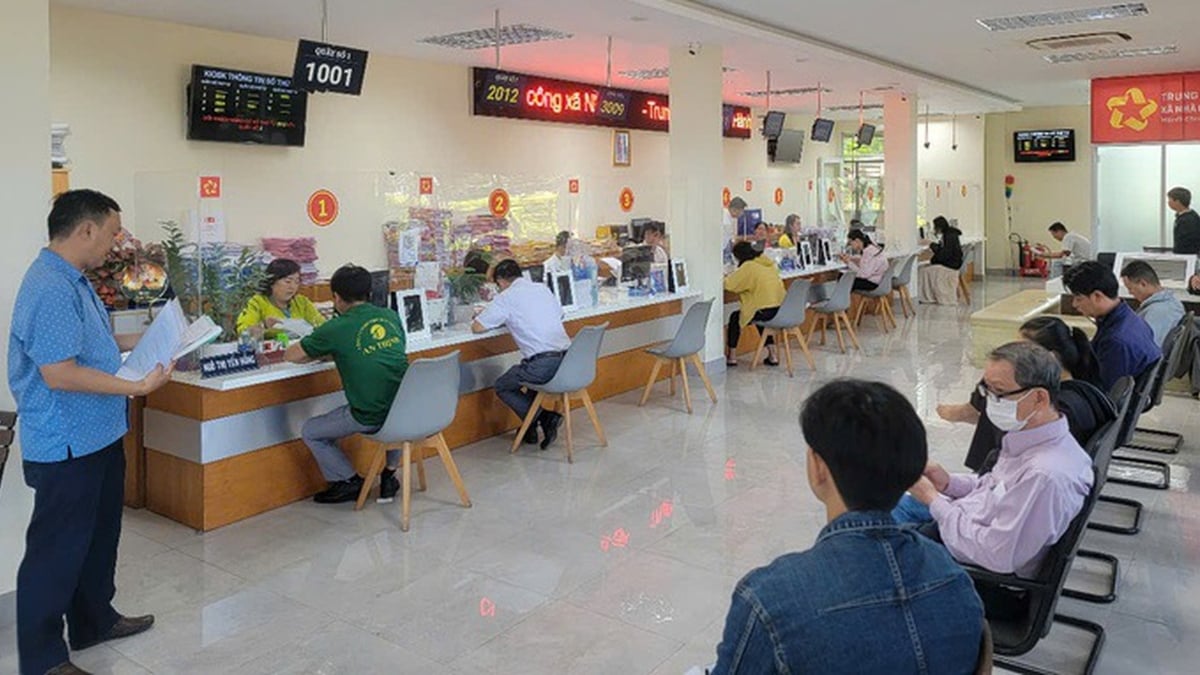

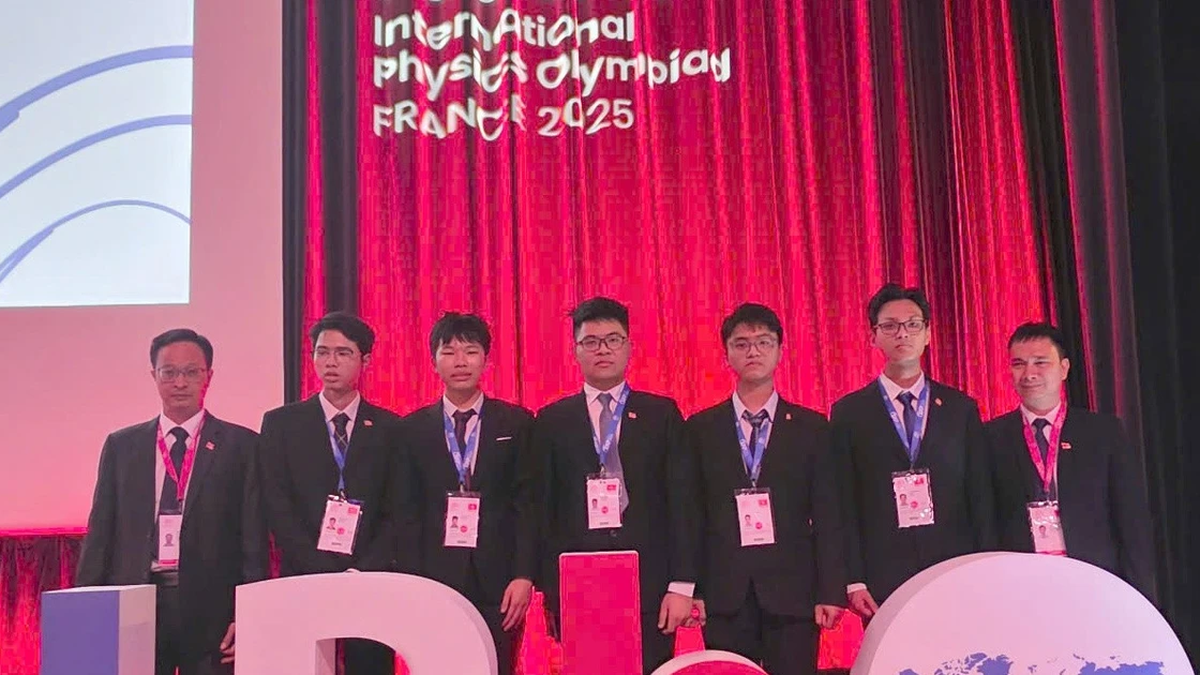


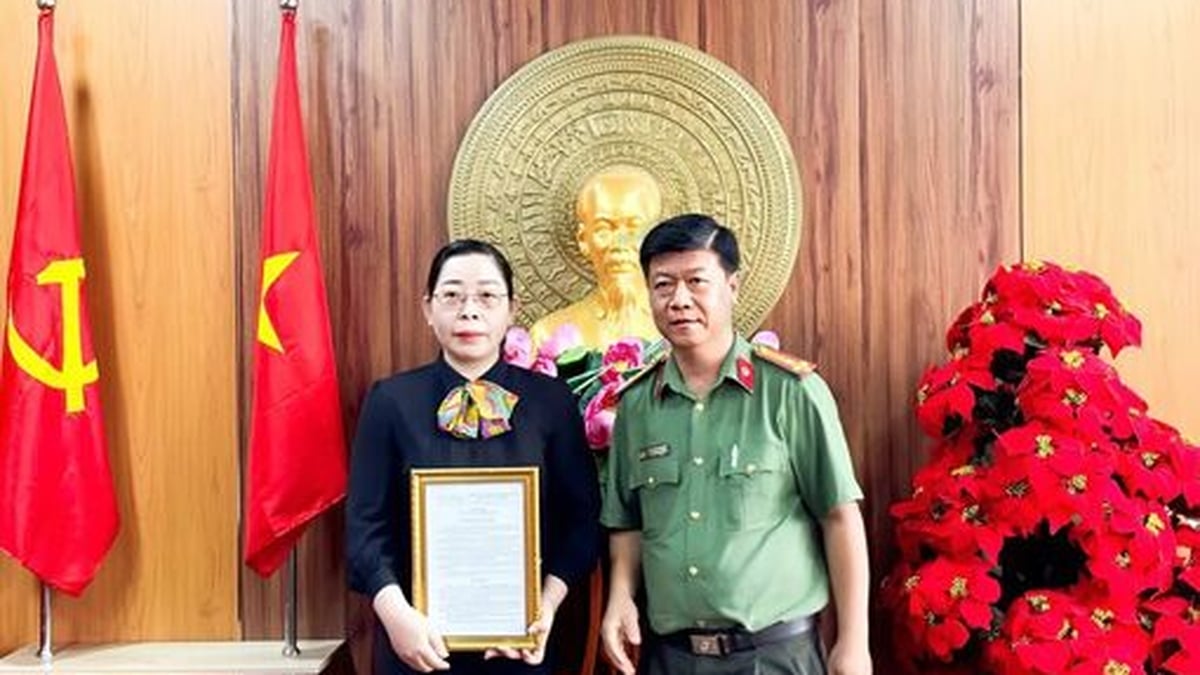
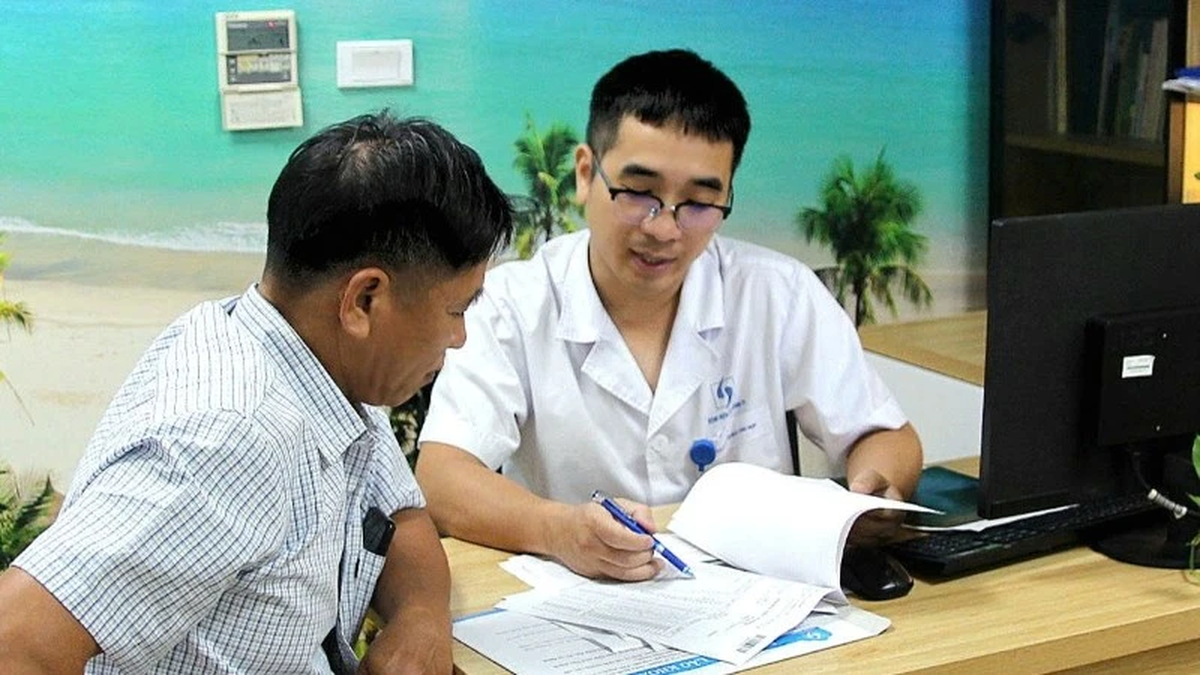

















![[Infographic] Vietnam-Senegal traditional friendship](https://vphoto.vietnam.vn/thumb/1200x675/vietnam/resource/IMAGE/2025/7/23/4c96a604979345adb452af1d439d457b)






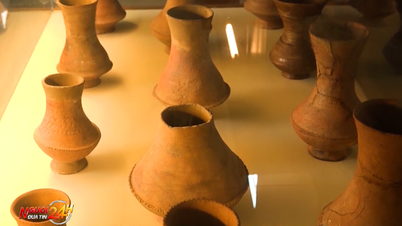





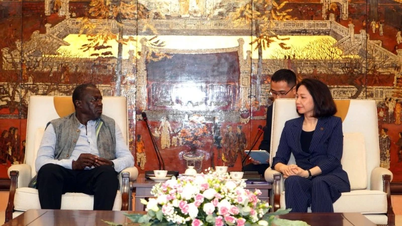















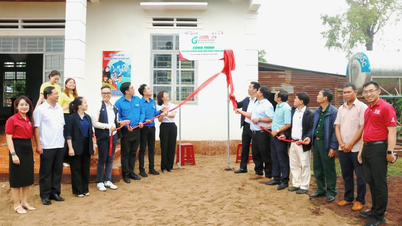





















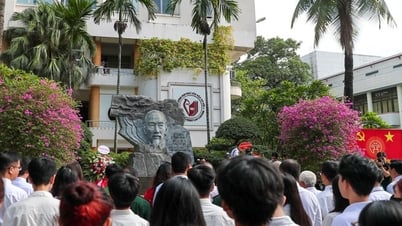
























Comment (0)